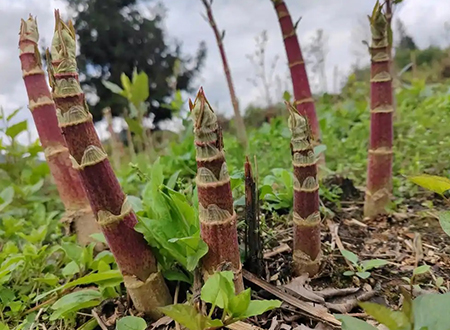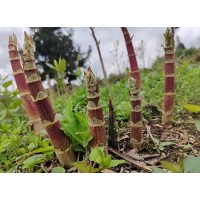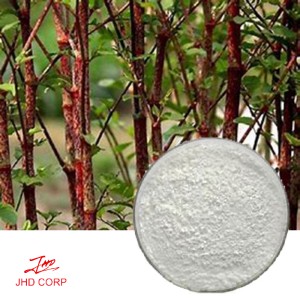Can polygonum cuspidatum extract resveratrol slow ovarian decline?
Polygonum cuspidatum extract, with its high resveratrol content, presents a potential natural intervention for slowing ovarian decline. Its antioxidant and anti-inflammatory properties and its ability to activate sirtuins make it a compound of interest in reproductive health research.
Exploring the Potential of Polygonum Cuspidatum Extract in Slowing Ovarian Decline
Polygonum cuspidatum, commonly known as Japanese knotweed, has garnered attention in recent years for its potential health benefits, particularly due to its rich resveratrol content. Polygonum Cuspidatum Extract Resveratrol is a natural polyphenolic compound that has been studied extensively for its antioxidant and anti-inflammatory properties. This article delves into the potential of Polygonum cuspidatum extract in mitigating ovarian decline, a concern prevalent among aging women.
Ovarian decline is a natural part of the aging process, characterized by a decrease in the number and quality of ovarian follicles. This decline leads to reduced fertility and, eventually, menopause. The search for interventions that can slow down this process is ongoing, with natural compounds like resveratrol emerging as promising candidates.
Resveratrol is known for its ability to activate sirtuins, a group of proteins that play a crucial role in cellular health and longevity. Sirtuins have been shown to protect against oxidative stress and inflammation, both of which are factors contributing to ovarian aging. By enhancing the activity of sirtuins, resveratrol may help maintain ovarian function for a longer period.

Research on animal models has provided some insights into the effects of polygonum cuspidatum extract resveratrol on ovarian function. Studies have shown that resveratrol supplementation can improve ovarian reserve markers and enhance the quality of oocytes (egg cells) in aging female animals. These findings suggest that resveratrol may support ovarian health by preserving the pool of viable follicles and improving overall reproductive outcomes.
Moreover, resveratrol's anti-inflammatory properties could play a role in mitigating ovarian decline. Chronic inflammation is known to accelerate the aging process, including in the ovaries. By reducing inflammation, resveratrol may help protect ovarian tissue from damage and preserve its function.
While these findings are promising, it is important to note that most of the research conducted thus far has been preclinical. Human studies are needed to confirm the efficacy and safety of resveratrol supplementation for slowing ovarian decline. Additionally, the optimal dosage and long-term effects of resveratrol use require further investigation.















